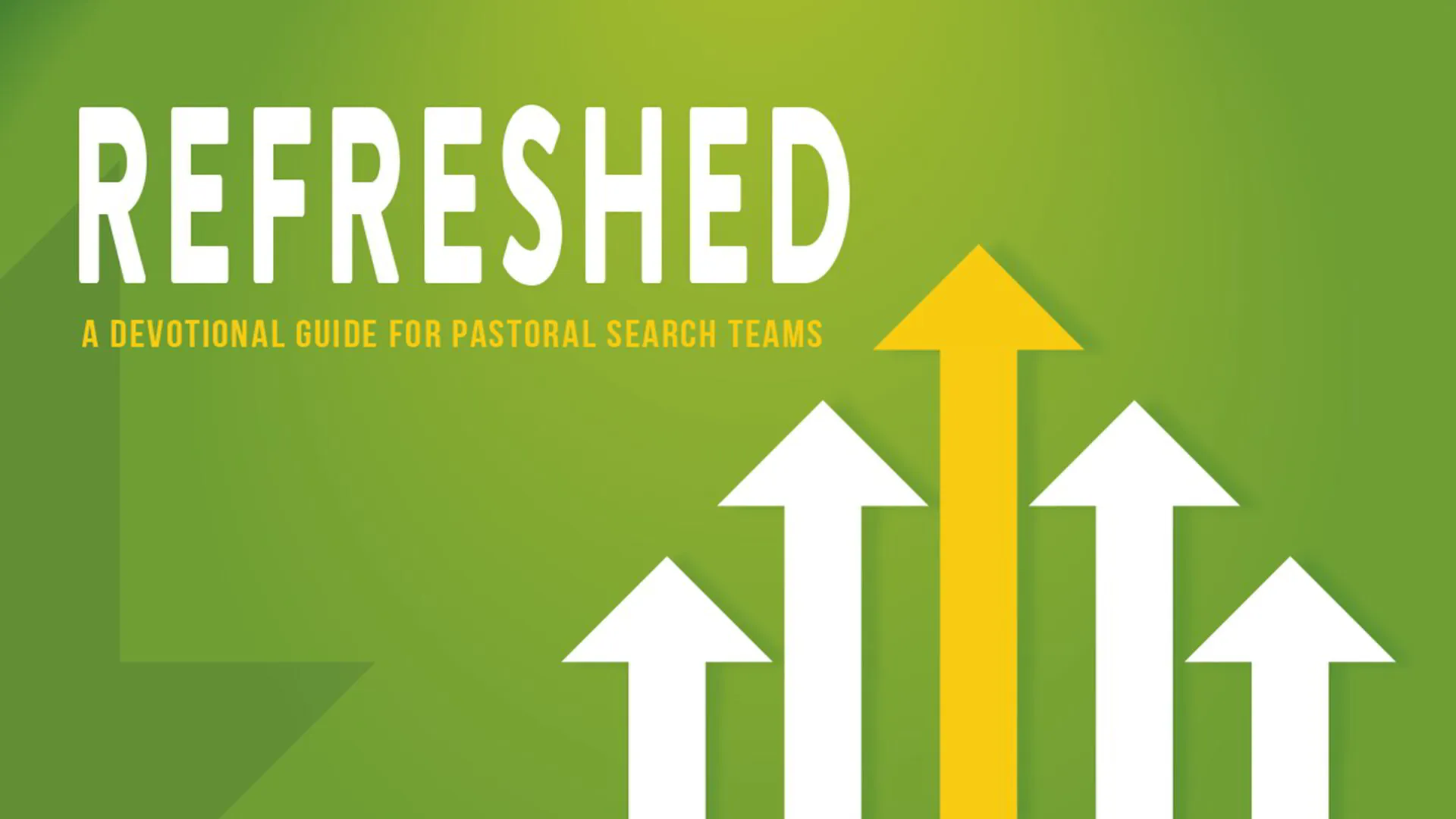“Be shepherds of God's flock that is under your care, watching over them not because you must, but because you are willing, as God wants you to be; not pursuing dishonest gain, but eager to serve; not lording it over those entrusted to you, but being examples to the flock. And when the Chief Shepherd appears, you will receive the crown of glory that will never fade away.” 1 Peter 5:2-4
The audience addressed in this passage is specifically the elders of a congregation, yet in general it applies to all who serve in leadership positions. Notice that the text says that leaders are not to be domineering (RSV) or bossy (CEV). While the search team and church board are responsible to develop a new pastoral profile, wise leaders invite congregational input into the process. Usually, this input is solicited through a church survey.
Too often candidate surveys ask members to rank pastoral qualities and functions. The people might be requested to indicate on a scale of 1-5 the importance of preaching, teaching, visitation, counseling, etc. In my opinion, this practice is not wise. While you want to invite congregational input, you do not want the candidate profile shaped at the congregational level. When this procedure is followed people assume that their preferences become a criterion mandate for the call committee.
In one church, for example, the people ranked care giving and visitation as the most important pastoral priorities. But the leaders believed that the church mission would best be accomplished through strong preaching, staff development, missional strategizing, and team building. Obviously, they had a dilemma on their hands.
In another situation a member commented to me: “I'm glad Dr. Jones is coming to be our next pastor, but frankly I was rather surprised - he doesn't seem to match the five top qualities that we as a congregation determined for our next pastor.” While verbally I moved the conversation in another direction, mentally I was thinking that this situation shouldn't have happened in the first place. The pastoral profile should have been developed at the leadership level based on general congregational feedback, not derived from a detailed congregational survey.
A better way to invite congregational input into the pastoral profile is to simply ask four questions. Some churches have used focus groups to receive this input. Others have printed the questions on a half sheet of paper inserted into the worship bulletin. Then during an extended offertory, on two successive weekends, the congregation is given time to write their responses. For those who miss this opportunity, these open-ended surveys are available through the church office.
The first question is: “In your opinion, what are our church's major areas of strength?” This invites the congregation to identify what they hope will transfer into the next season of ministry. Typically, the feedback is broad and even somewhat predictable by interest groups. Nevertheless, even diverse groups will tend to emphasize common themes of ministry strengths.
The next question asks: “Granted there are many ways to strengthen a churches ministry and develop its programs, nevertheless what are a few areas where we could strengthen our ministry?” Notice that this question does not ask for what they do not like about the present ministry. Things that are not identified as strengths are conversely probably weaknesses. But this question will help the congregation think about possibilities. It can whet their appetite for new ministries. It can keep them focused beyond their own pet programs.
The third question is: “Are there any unresolved issues or concerns that our leadership should address during this time of transition?” Handling the feedback on this item is not the responsibility of the search team. The governing board will want to resolve these concerns during the transition period.
The finally question informs the heart of the search: “Describe the type of pastor you believe we need to lead us in effective ministry over the next ten years.” Again, while individuals will respond with their personal preferences, the committee need only report the most common themes.Thus, the congregation has had input into the process, but has not micromanaged the profile.
FATHER, throughout this process keep us sensitive to the needs of the congregation. Keep us humble and approachable, receptive to valuable input. At the same time, give us the discernment to make decisions based on your values and what you want to accomplish in and through our church. Amen!
A Final Thought:
You can't get there from here, is the response given to the motorist. But your job as a search team is to help the congregation get there from here, by adding their input to the other critical factors that will shape the pastoral profile.


